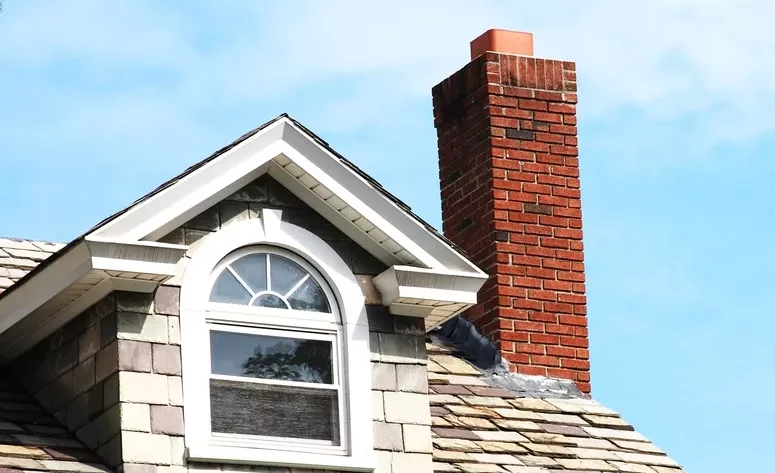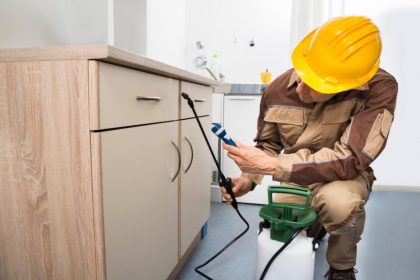A warm and crackling fire in the fireplace is a quintessential experience during the chilly winters of Wisconsin. However, amidst the cozy ambiance, homeowners often overlook an essential aspect of fireplace maintenance – regular chimney cleaning. Ignoring this vital task can lead to a multitude of problems, jeopardizing both safety and efficiency. In this article, we will explore why regular chimney cleaning is crucial for Wisconsin residents and the potential downsides of neglecting this important maintenance task.
Maintaining Optimal Efficiency:
Over time, soot, creosote, and debris accumulate within the chimney’s interior. These deposits hinder the smooth flow of air and gases, resulting in decreased efficiency. The restricted airflow can prevent proper combustion, leading to inefficient burning and reduced heat output. Regular chimney cleaning removes these obstructions, ensuring optimal airflow and efficient burning, which ultimately translates into greater warmth and energy savings.
Preventing Fire Hazards:
Creosote, a highly combustible substance formed from unburned wood particles and other byproducts of combustion, is a significant concern in chimneys. As creosote builds up, it poses a serious fire hazard. A stray spark or high temperatures can ignite this residue, resulting in a dangerous chimney fire that can rapidly spread to the rest of the house. Regular chimney sweep service removes creosote and minimizes the risk of a devastating fire, protecting your home and loved ones.
Ensuring Proper Ventilation:
Apart from fire hazards, clogged chimneys can also lead to dangerous carbon monoxide (CO) buildup within your home. A well-maintained chimney provides a safe path for the harmful gases, including CO, to escape. However, if the chimney is obstructed or poorly maintained, these gases may seep back into your living space, leading to potentially life-threatening situations. Regular chimney cleaning and inspections ensure proper ventilation, minimizing the risk of CO poisoning.
Identifying Structural Issues:
A professional chimney cleaning involves a thorough inspection of the chimney’s structure. Regular inspections can detect early signs of deterioration, such as cracks, leaks, or damaged masonry. Addressing these issues promptly prevents further damage and saves you from costly repairs down the line. Moreover, identifying structural problems early can prevent potential risks like chimney collapses, which can cause significant damage to your property and endanger lives.
Compliance with Insurance and Building Codes:
Many insurance policies and local building codes require regular chimney maintenance and cleaning. Failing to comply with these regulations may result in the denial of insurance claims or legal complications in case of accidents or fires. By scheduling routine chimney cleanings, you not only ensure the safety of your household but also maintain compliance with relevant codes and regulations.
Recommended Cleaning Frequency:
While the frequency of chimney cleaning depends on various factors such as usage, fuel type, and chimney design, the Chimney Safety Institute of America (CSIA) recommends an annual chimney inspection and cleaning. However, for residents in Wisconsin, where the fireplaces are often in frequent use during the cold season, it is advisable to have the chimney cleaned at least twice a year. Regular cleanings before and after the winter season will help maintain a safe and efficient chimney system throughout the year.
Regular chimney cleaning is not just a maintenance task but an essential responsibility for homeowners in Wisconsin. By ensuring optimal efficiency, preventing fire hazards, and maintaining proper ventilation, chimney cleaning plays a vital role in safeguarding your home and family. Additionally, it allows for early detection of structural issues and compliance with insurance and building codes. Don’t neglect this important aspect of fireplace maintenance; schedule regular chimney cleanings today to enjoy a warm, safe, and efficient winter season.





